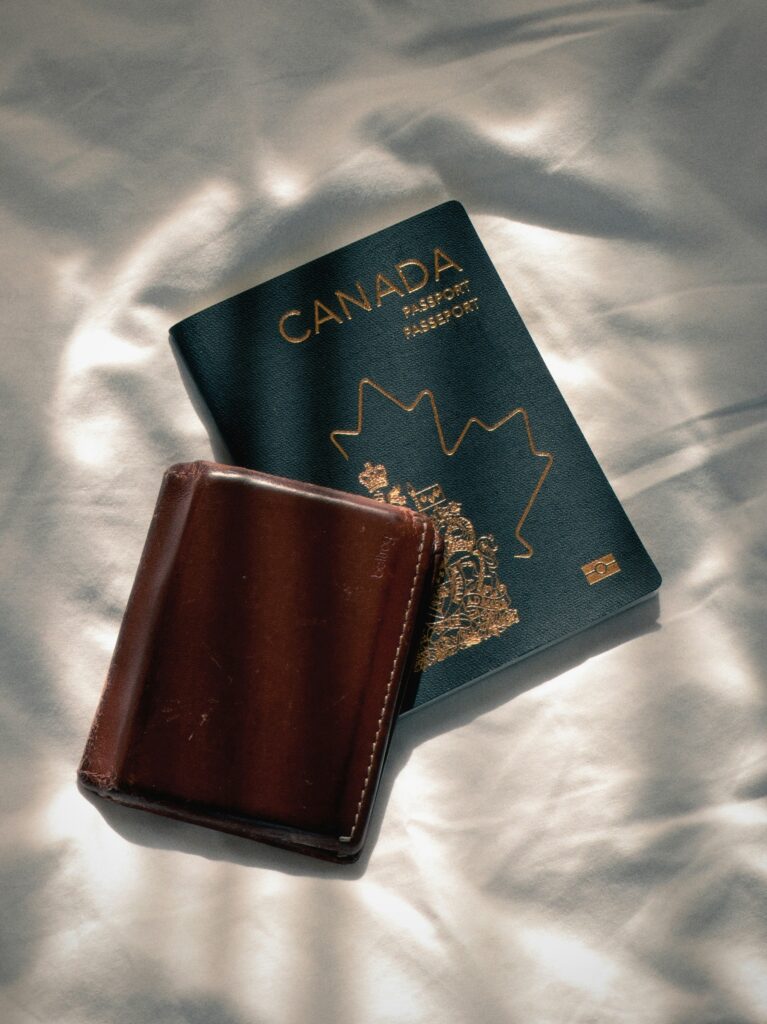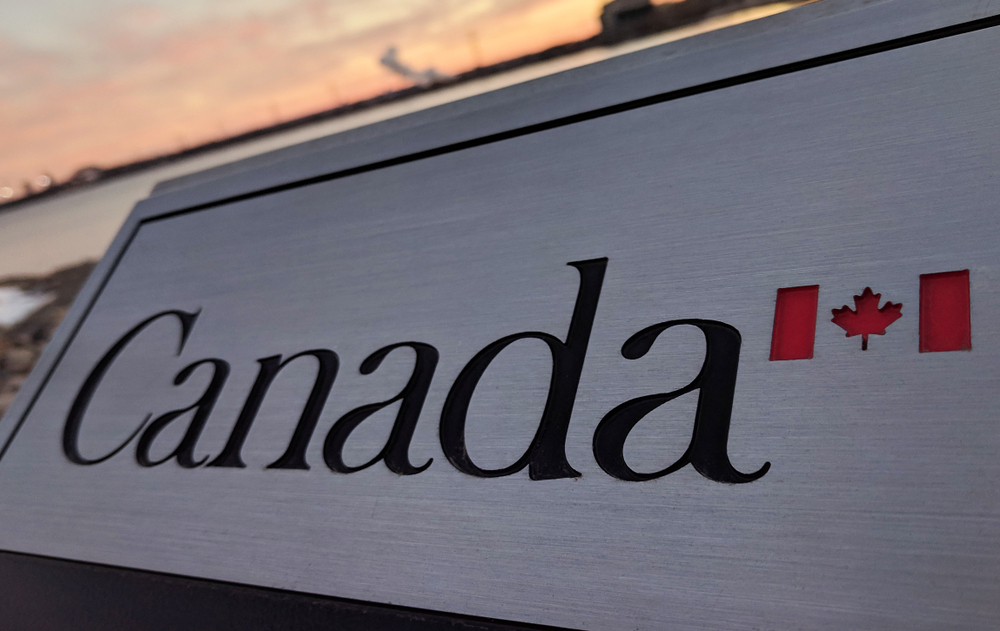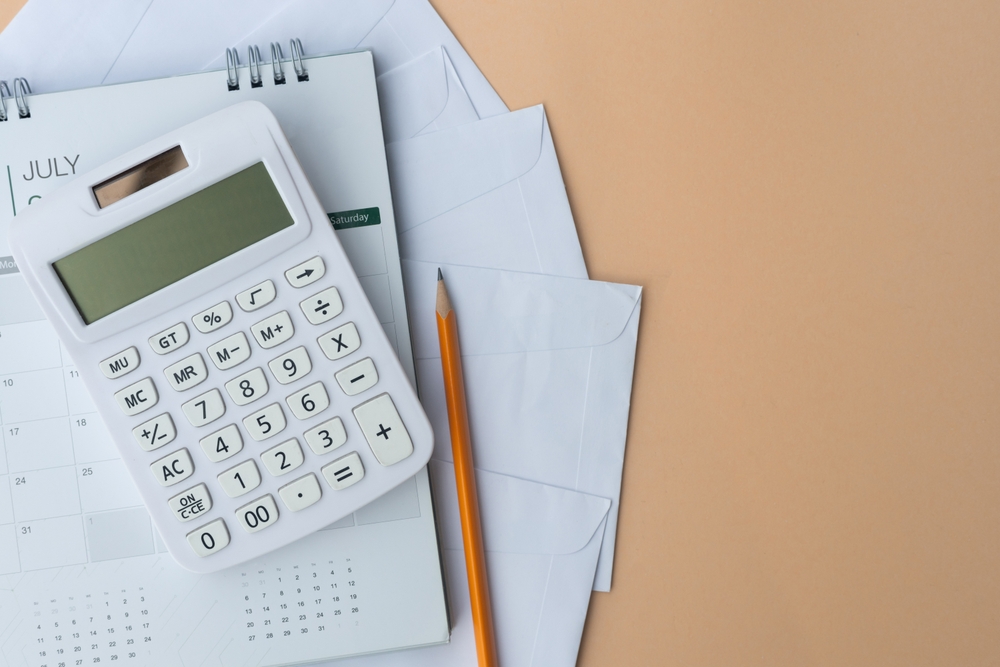Key Points
- Free Canadian government grants to pay off your debts
- Canadian debt relief programs
- Government-approved help with debt
- Government-approved debt relief programs
- Get out of debt today
Free Canadian government grants to pay off your debts
That’s an eye-catching title but is it true? Will the Canadian government really bail you out if your debts spiral out of control and you can’t afford to make the repayments to your creditors? What are the financial options available to you? Let’s take a look.
Canadian debt relief programs
Being in debt is not a pleasant experience. It affects your mental health and physical health, and can even have an adverse effect on your relationships with family and friends. Therefore, it makes perfect sense to either reduce your debt as much as possible or get rid of it altogether.
But how do you do that? Could you apply for a grant from the Canadian government to help? Is it really that straightforward? In a word, no. The Canadian government doesn’t offer free grants to Canadian debtors. But don’t click away just yet – it’s not quite as cut and dry as that. There are forms of government-approved help available.
Government-approved help with debt
There are certain debt relief services and programs that could help you, and they need a license from the government in order to be able to trade. If you see a debt relief service being advertised as a ‘government loan,’ the money does not come directly from the Canadian government, rather, it comes from a company that is regulated by government rules to grant loans.
Any Canadian government loans and grants that you see advertised do not come directly from the government, but from companies that function under government rules and regulations to provide loans and grants to their customers and clients. If a company advertises that its loans are government-funded then you should proceed with caution as this is not strictly true.
Read our guide – What happens to debt when someone dies in Canada?
Government-approved debt relief programs
There are five different government-approved debt payoff programs that you should consider if you’re looking to get out of an unmanageable financial situation. These include:
Credit counselling
Credit counselling won’t reduce or pay off your debts, but it will help you analyze your situation and see where you could improve. An insolvency trustee or credit counsellor will sit down with you and go through your various incomes and expenditures and give you tips to pay your debts off earlier. This is usually free of charge. It is the role of the advisor to educate you on how to budget and look after your finances better.
Debt consolidation
This involves applying for one loan to pay all your various debts and consolidate them into one monthly payment. The advantages to this are that you only have one payment to remember each month instead of several, your single monthly payment is often far less than the monthly multiple payments you were making, you can spread the cost out over longer, and this frees up more monthly disposable income for you to play with.
The one disadvantage to this solution is that your credit score has to be robust enough for you to apply for the loan and be accepted for it.
Debt settlement
Being debt-free sounds amazing but, believe it or not, it can actually work against you. Debt settlement involves speaking to your creditors to see if they will accept a reduced payment in order for you to settle your account with them. You can either choose to do this on your own or employ the services of a financial expert to negotiate on your behalf. The reason why this may not be the best solution is that early cancellation fees may be applied and it can also drastically impact your chances of applying for credit in the future.
Consumer proposal
A consumer proposal is the most popular alternative to bankruptcy. It can be used to reduce many different forms of debt, sometimes by as much as 80%. You’ll work with an insolvency trustee who will act on your behalf to negotiate lower payments with all of your creditors. If they agree, you will make one payment to your trustee each month and they will distribute the funds to the various creditors for you. You will do this for up to five years. Consumer proposals allow you to keep your assets, drastically reduce your monthly payments and reduce the negative impact on your credit score.
Bankruptcy
Bankruptcy is only used once all other options have been exhausted. However, if your debts are truly overwhelming then it can give you a clean slate from which to start again. In order to be declared bankrupt, a judge must review your situation and determine that you are unable to pay back the debts that you owe. Once it has been granted, your debts will be wiped out and creditors are forbidden from contacting you to recover any funds.
The reason bankruptcy is universally seen as a last resort is that some of your personal assets can be seized in order to pay for your debts, and the bankruptcy order itself shows on your credit report for a minimum of 6 years, severely affecting your ability to apply for any credit during this time period. Think long and hard before taking this option.
Get out of debt today
Getting out of debt is stressful but the end result definitely justifies the means. While there aren’t any government grants to pay your debts off as such, there are multiple government-approved solutions to help you. The insolvency trustees at Harris & Partners are all legally able to take care of any of the government-approved debt payoff programs mentioned above. We have multiple locations across Canada and over 50 years of experience in helping people to get back on the road to financial stability, so contact us to take the first steps to financial freedom today.











